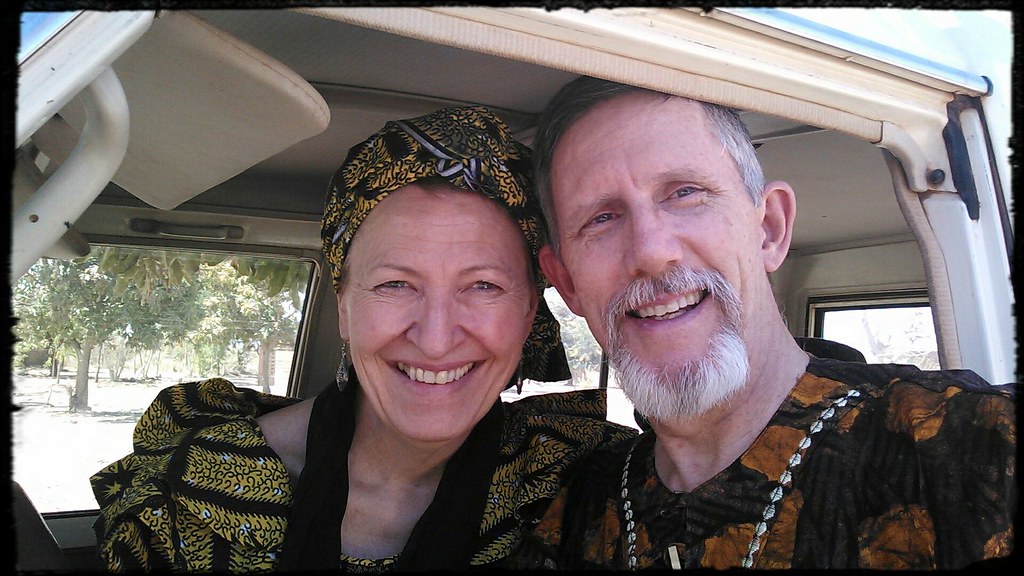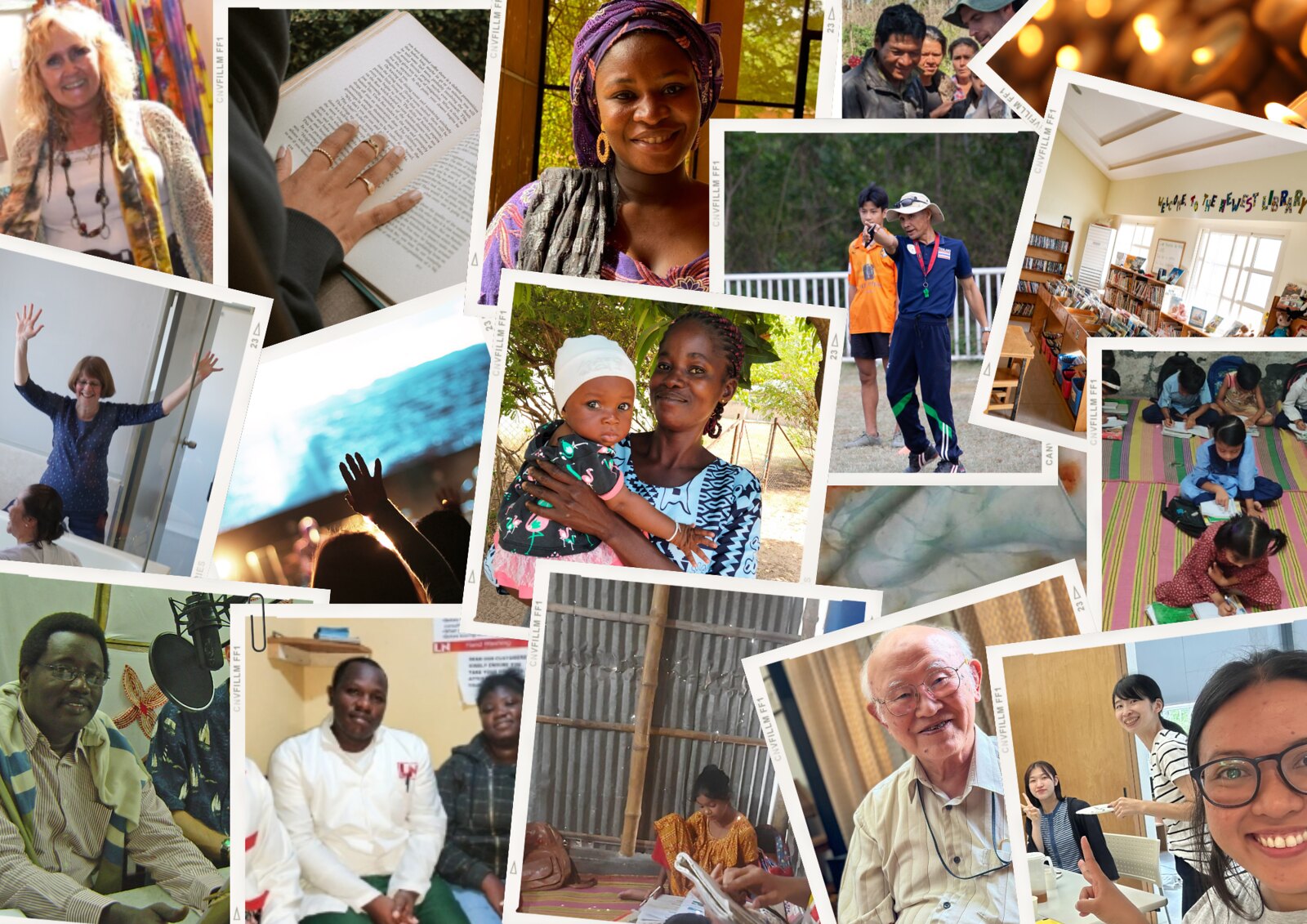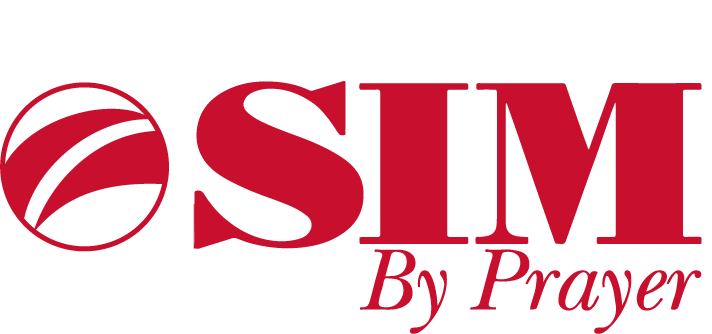Volunteers develop online system to feed thousands
By Tianna Haas | Peru in South America

David Jeyachandran takes a selfie with the ministry team.
How long does it take you to write a text message? Probably a minute at most. But imagine sending more than 1,000. In the off chance your social circle was that large, the pace would be impossible for one person.
With four staff and 15 volunteers, the SIM Peru team in Arequipa had slightly better chance of contacting hungry families in their city each week with pick-up instructions for food packages and evangelistic material.
Many of those families were going without food due to the financial hardships of 2021. Along with Peru being a deadly COVID-19 hotspot and under military lockdown, the numbers of needy people kept rising.¹
SIM worker David Jeyachandran said, “Thousands of Venezuelan refugees in Peru who normally made a living selling things on the street were left without any source of income and our aim was to help them through this crisis.” SIM received 3,000 requests for food staples from Venezuelan refugees in six months.
With a scale like that, SIM worker David Jeyachandran knew they couldn’t keep notifying and confirming details through individual texts, while referencing an Excel spreadsheet for contact details. He decided to draw on his roots as a software engineer and – assisted by volunteer web developers – build a simple online system.
The website has no frills, says David, but provides automated steps for the team. This made it extremely accessible, especially for those on devices with low bandwidth. He said, “[The] web application allowed people to register online and place themselves on a map. The system helped us to allocate people to a food delivery point and send invitations via WhatsApp so people would receive a message letting them know when and where to pick up food.”
It is hosted for free and was created by fellow members of David’s online crowdsourcing community for web systems. David said that, even if he’d worked for 20 hours a day to make the application, he couldn’t have done it alone.

Volunteers who packed and delivered the food also shouldered the weight of this significant service project. The bus service had stopped in the city, so the team visited parks and other landmarks on foot to distribute the supplies, staggering appointments.
David originally came to Peru to do university campus ministry, not to do coding, but he said, “God can use all the experience we've had in the past.” His previous experience has opened doors to teach programming in the university and work on SIM’s Latin American sites.
Like any skill, God can use the talents of his people to bless the world and glorify his name. David said, “Technology makes the processes smoother and easier. We would have been able to deliver to a smaller circle and the process would have been more complex [without the website]. This was much less stressful for volunteers.
“Technology is a small part of any process. It's an enabler that removes a barrier.”
Pray for:
• The recipients to come to know Christ as their saviour and for God to continue providing for their needs.
• David and the team to have perseverance and renewal through the Holy Spirit as they eagerly serve.
• The online system to continue functioning smoothly and bless many.
1. According to The Economist, Peru has the highest number of excess deaths per 100K people since the country’s first 50 COVID-19 deaths (period spanning 31 March 2020 to 30 March 2021).
Related stories

Young women from rural Peru find discipleship and belonging in the city
As rural young women move to Peru’s cities for study or work, they face a world full of pressure, distraction, and isolation. Mission worker Lizzie is walking alongside them; offering friendship, discipleship, and a reminder of their worth in Jesus.

In Carrie’s classroom, Jesus is shaping hearts and minds for his kingdom
When mission workers with young families leave their home country, a major concern is how their children will get on. While the parents are out serving, the kids need stability, education, and spiritual nurturing. That’s where teachers like Carrie come in. Originally from Kansas, Carrie now teaches at a mission school in Liberia, part of Dakar Academy in Senegal, shaping young hearts and minds for God’s kingdom.

Ken & Gwen Baker have spent 40+ years engaged in mission work and adventures with God
Ken and Gwen Baker have retired after 43 years of faithful service with SIM — a life devoted to God, to their teammates, and to equipping others for ministry. They spent decades planting churches in West Africa, fostering intercultural ministry, and shaping mission training that continues to impact workers worldwide. As they step into a new season of life, their story serves as a powerful reminder of how God uses ordinary people, willing to follow his call, to build His church and transform lives.

